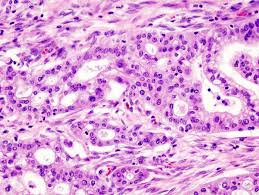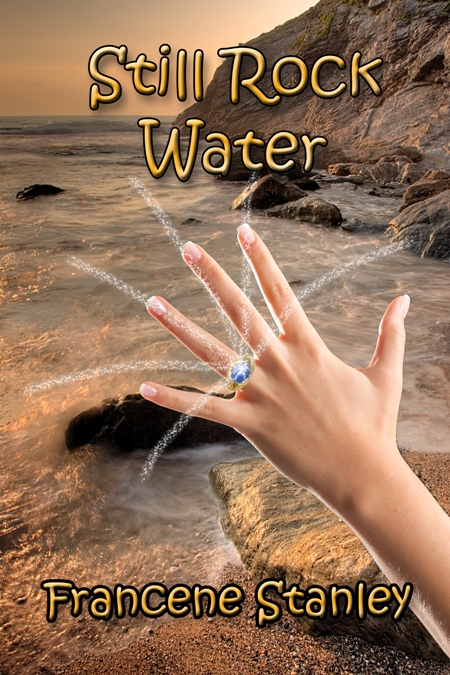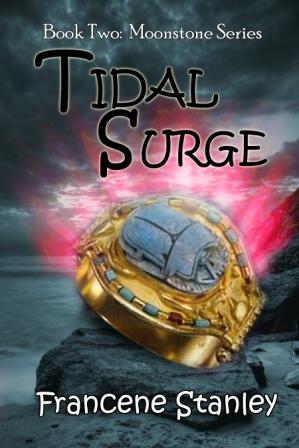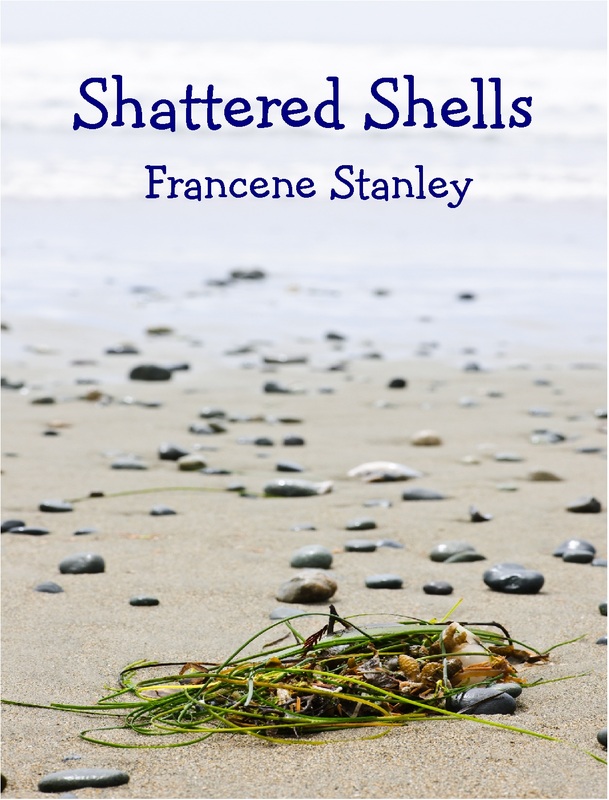
On the news today, I read about the UK's National Health Service cutting back on cancer treatment for certain conditions, one of them being prostate. This will affect countless men, one of them my husband. He's suffering both pain and frustration about his slow treatments.
Okay, I understand nobody lives forever, although youthful readers will brush aside their own mortality. Yet, when we reach a certain age, one thing or another in our body will grind to a halt. Anyway, why would an octogenarian or a person even older want to go on in poor health or if they are unable to carry out their regular activities?
Be that as it may, my husband lives his life as normal, not constricted by wearing a torturesome catheter. At 76, he still drives to the shops, walks around town greeting people and chatting as he does the shopping. He plans and cooks our meals. And he supports me now I don't walk as well as I did in my youth. Our minds are still active, we run the house between us, and we work out the daily crossword together. So there's plenty of motivation for us to continue living.
I must admit the dictionary, used as a last resort in the crossword puzzle, is dog-eared, cover-less, and has split in half. I bought the hardcover edition about 20 years ago. The constant sliding to and from the bookshelf has paid toll to the wieldy volume. I've just ordered a new one from Amazon, paperback and about a fifth of the frayed dictionary's cost. Perhaps we should keep the tome close to hand to save wear and tear.
Okay, I understand nobody lives forever, although youthful readers will brush aside their own mortality. Yet, when we reach a certain age, one thing or another in our body will grind to a halt. Anyway, why would an octogenarian or a person even older want to go on in poor health or if they are unable to carry out their regular activities?
Be that as it may, my husband lives his life as normal, not constricted by wearing a torturesome catheter. At 76, he still drives to the shops, walks around town greeting people and chatting as he does the shopping. He plans and cooks our meals. And he supports me now I don't walk as well as I did in my youth. Our minds are still active, we run the house between us, and we work out the daily crossword together. So there's plenty of motivation for us to continue living.
I must admit the dictionary, used as a last resort in the crossword puzzle, is dog-eared, cover-less, and has split in half. I bought the hardcover edition about 20 years ago. The constant sliding to and from the bookshelf has paid toll to the wieldy volume. I've just ordered a new one from Amazon, paperback and about a fifth of the frayed dictionary's cost. Perhaps we should keep the tome close to hand to save wear and tear.

Now, let's get back to the cuts in cancer treatments. The UK health treatments are free and should last for life. My husband, a citizen from birth, has paid part of his salary into the fund for nearly 50 years. He deserves proper treatment.
I, on the other hand, arrived in England in the mid 80s from Australia and worked for about 20 years, with part of my salary being deducted for the NHS. Perhaps I don't have as much right to treatment.
The NHS may struggle to cope with cancer sufferers after reports of figures have reached an all-time high.
Macmillan Cancer Support said more people are living with the disease, which is a mounting challenge for health services. Although some will recover and survive in good health, a quarter of people in the UK face poor health or disability after treatment for cancer.
It's a difficult problem. Migrants receive free treatment too, but they haven't contributed to the fund. I wouldn't want anyone to suffer, however, in life you usually get what you pay for.
An so, 'Gone the elasticity of youth. Replaced by the maturity of truth', from two lines of a poem I wrote. I won't live forever, and wouldn't want to. Neither will I give up. 'You have a right to be here,' to quote the Desiderata.
I, on the other hand, arrived in England in the mid 80s from Australia and worked for about 20 years, with part of my salary being deducted for the NHS. Perhaps I don't have as much right to treatment.
The NHS may struggle to cope with cancer sufferers after reports of figures have reached an all-time high.
Macmillan Cancer Support said more people are living with the disease, which is a mounting challenge for health services. Although some will recover and survive in good health, a quarter of people in the UK face poor health or disability after treatment for cancer.
It's a difficult problem. Migrants receive free treatment too, but they haven't contributed to the fund. I wouldn't want anyone to suffer, however, in life you usually get what you pay for.
An so, 'Gone the elasticity of youth. Replaced by the maturity of truth', from two lines of a poem I wrote. I won't live forever, and wouldn't want to. Neither will I give up. 'You have a right to be here,' to quote the Desiderata.





 RSS Feed
RSS Feed
